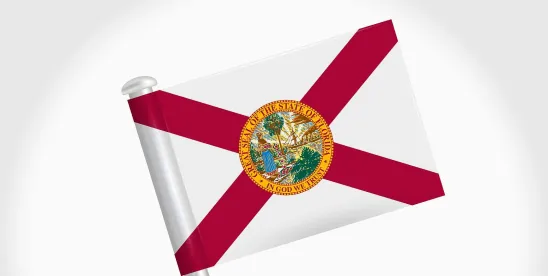This week, Governor DeSantis of Florida signed into law certain legislation that expressly seeks to minimize ongoing efforts to combat climate change, and indeed erects various roadblocks to actions designed to promote sustainable energy. In particular, these laws (according to a legislative summary analysis): (1) “remove[] current legislative findings related to global climate change, and the [] list of energy policy goals does not specifically address global climate change”; and (2) “prohibit[] the construction or expansion of offshore wind energy facilities and certain wind turbines located on real property within a mile of the state's coastline or intracoastal waterways or on waters of the state.” In effect, Florida has banned offshore wind turbines and deleted the issue of climate change from state law.
These laws are in accordance with Governor DeSantis' various efforts to combat the use of ESG principles and promote a countervailing agenda. According to Gov. DeSantis, these laws will “restor[e] sanity in our approach to energy and reject[] the agenda of the radical green zealots.” As a signal of Governor DeSantis' policy priorities, these bills are certainly clear--minimizing global climate change and banning wind energy from Florida beaches--but the ultimate impact may be relatively modest (e.g., no offshore wind turbines are currently operating or planned in Florida due to prevailing weather conditions--i.e., hurricanes). As with many aspects of the ongoing dispute between the pro- and anti-ESG movements, this action is largely symbolic.
Florida’s state government will no longer be required to consider climate change when crafting energy policy under legislation signed Wednesday by Gov. Ron DeSantis, a Republican.
The new law, which passed the Florida Legislature in March and takes effect on July 1, will also prohibit the construction of offshore wind turbines in state waters and will repeal state grant programs that encourage energy conservation and renewable energy. The legislation also deletes requirements that state agencies use climate-friendly products and purchase fuel-efficient vehicles. And it prevents any municipality from restricting the type of fuel that can be used in an appliance, such as a gas stove.




 />i
/>i
